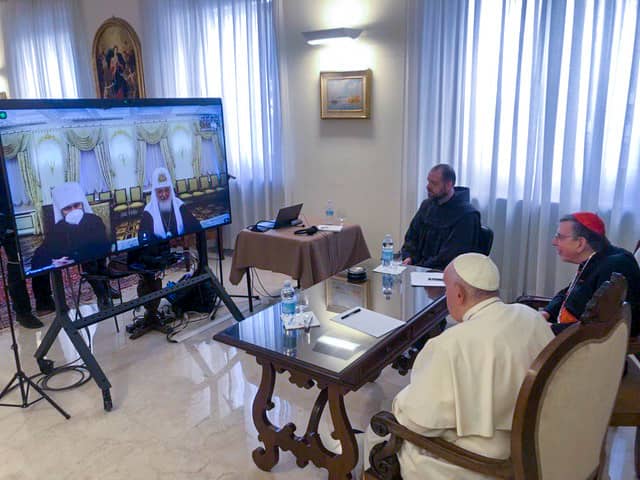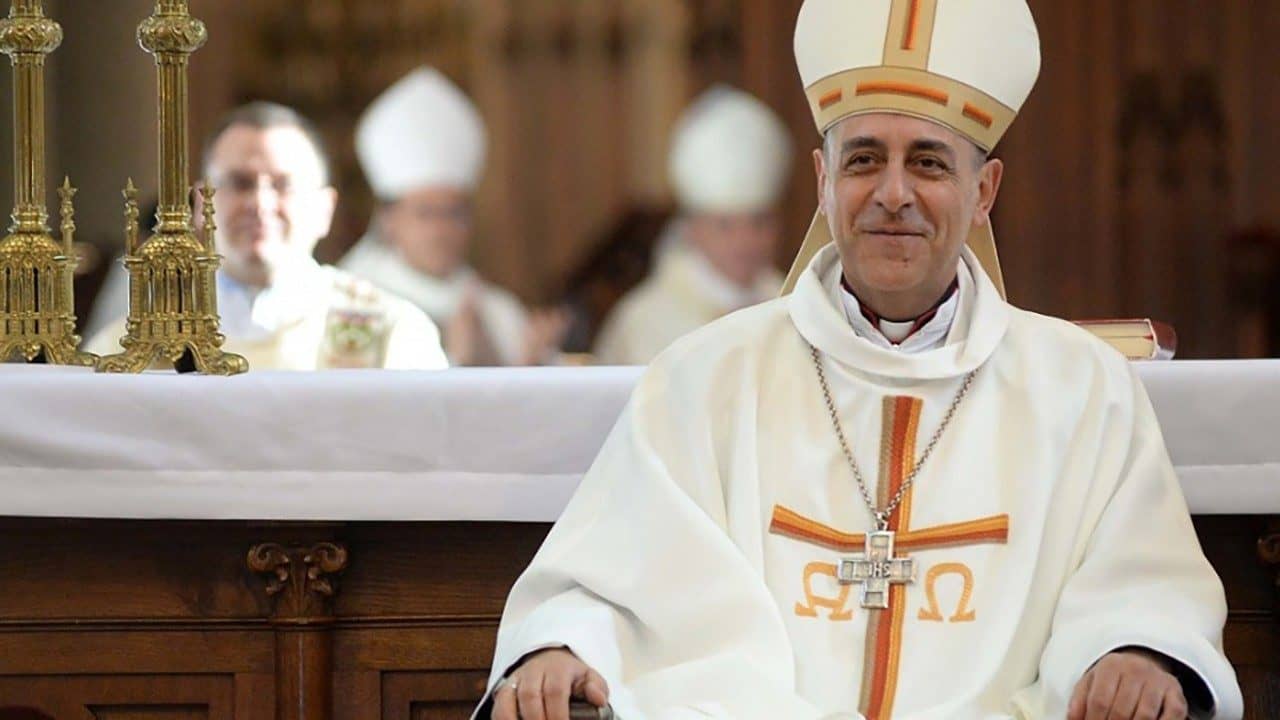ROME – Charles Collins, the managing editor of Crux, is a smart guy. Recently he wrote a typically perceptive analysis about problems with the idea of using Metropolitan archbishops to deliver accountability for clerical sexual abuse, and so we had him on Crux’s weekly radio show on March 4 to talk about it.
RELATED: ‘Metropolitan model’ may not answer question of abusive bishops
After he got done explaining why the Metropolitan may not be the best way to foster accountability, I asked Charley what Church officials ought to do instead. I can’t remember his exact words, but the gist was, “It doesn’t matter, because grand juries and public prosecutors will do it for them.”
Right on cue, three days later Cardinal Philippe Barbarin of Lyon, France, was found guilty by a French court of failure to report sexual abuse by one of his priests and was given a six-month suspended jail sentence. It’s the third time a Catholic bishop in France has been convicted of a similar offense, and the first time for a cardinal.
Barbarin has said he will appeal the verdict, and he declared in court that “I never tried to hide, much less to cover up, these horrible facts.” Following the verdict, he nonetheless said he’ll submit his resignation to Pope Francis.
(Presumably, no one in the Vatican today will be self-destructive enough to do what Colombian Cardinal Dario Castrillon Hoyos, at the time the head of the Vatican’s Congregation for Clergy, did in 2001 after French Bishop Pierre Pican got a three-month suspended sentence for failure to report. Castrillon sent a letter to Pican congratulating him for refusing to turn in one of his priests, which a Vatican spokesman was forced to disown when it became public.)
On Friday, the daily newspaper Parisien described the Barbarin verdict as a “cataclysm” for the French clergy, given that the 68-year-old Barbarin is a member of the Legion of Honor and the Primate of Gaul.
French sociologist of religion Olivier Bobineau described the outcome as a “turning point.”
“This is an ecclesiastical tsunami,” Bobineau said. “It means that no bishop is safe. The highest dignitary of the Church in France has come down from his pedestal to face equal judgment and treatment along with his fellow citizens, Catholic or not.”
What’s especially notable about the Barbarin case is what makes it different from the other two Princes of the Church who’ve recently faced judgment of either an ecclesiastical or civil sort.
Theodore McCarrick of the U.S., who was laicized just before Pope Francis’s Feb. 21-24 summit on the clerical abuse crisis, and Cardinal George Pell of Australia, whose conviction for “historical sexual offenses” was unsealed just afterwards, were both accused of the crime of sexual abuse themselves.
Barbarin, by way of contrast, was accused not of the crime but the cover-up. Specifically, victims of French priest Bernard Preynat in the 1980s claimed they informed Barbarin three decades later, who took no action.
When the charges first arose, a prosecutor in France declined to bring the case to trial on the grounds that the evidence was insufficient. Under French law, however, the victims had the right to insist, and so the case went to court in early January. While Barbarin was convicted, five other priests indicted as co-defendants were acquitted.
Barbarin thus becomes the first Catholic cardinal to be criminally convicted of covering up sexual abuse by clergy. It remains to be seen if he’ll face any ecclesiastical sanction, such as losing his membership in the College of Cardinals – presumably, as it has in the Pell case, the Vatican will take the position that it will let Barbarin’s appeal play out first.
At the same time the news about Barbarin was making the rounds, public prosecutors in Costa Rica were raiding the offices of the ecclesiastical tribunal and the administrative headquarters of the Archdiocese of San José, the national capital, as part of a sexual abuse probe.
Also this week, an alleged abuse victim filed a $500,000 lawsuit in Chile against Cardinal Riccardo Ezzati of Santiago, claiming that Ezzati protected a priest who allegedly drugged and raped him in the local cathedral when he was 14. A complaint was first lodged with Ezzati in 2015, who issued a church sentence against the priest, Tito Rivera, three years later.
In the United States, Pennsylvania Attorney General Josh Shapiro recently said that in the wake of his grand jury report on clerical sexual abuse which, among other things, led to the resignation of Cardinal Donald Wuerl, prosecutors in at least 45 other states have contacted him for advice and suggestions on setting up their own probes.
That, by the way, is just a partial list of the criminal and civil procedures facing Church leaders in various parts of the world these days, which is undoubtedly part of the reason Francis used a meeting with Roman clergy Thursday to acknowledge the “pain” and the “unbearable suffering” inflicted by the abuse scandals.
RELATED: Pope laments ‘pain, unbearable suffering’ of clerical abuse scandals
Collins, in other words, was right: As desirable as it would be for the Church to develop accountability mechanisms for bishops, archbishops and cardinals regarding their handling of abuse complaints, by now doing so would be largely anti-climactic.
Of course, that reality does not let the Church off the hook, because Catholics want to see both civil and ecclesiastical consequences for the abuse crisis. Further, there are parts of the world where the criminal justice system simply isn’t prepared to act, either out of dysfunction or an exaggerated deference to the Church, or both. In those cases, the Church has a moral and legal responsibility to take the needed steps on its own.
Still, the bottom line is that today, at least in most of the West, the outside world is not waiting for the Catholic Church to embrace accountability. It’s acting on its own, without waiting for anyone’s permission.















